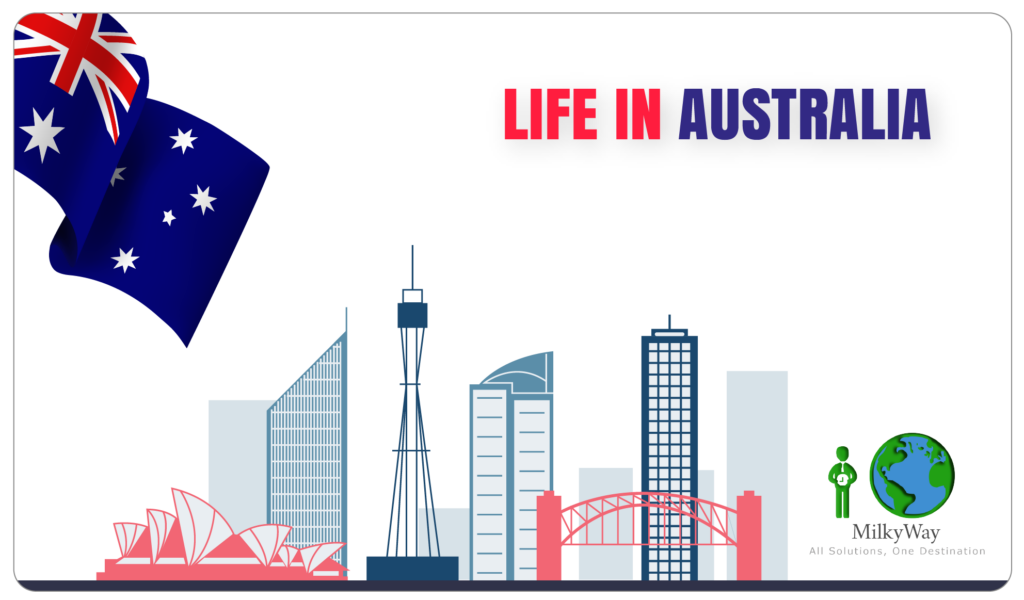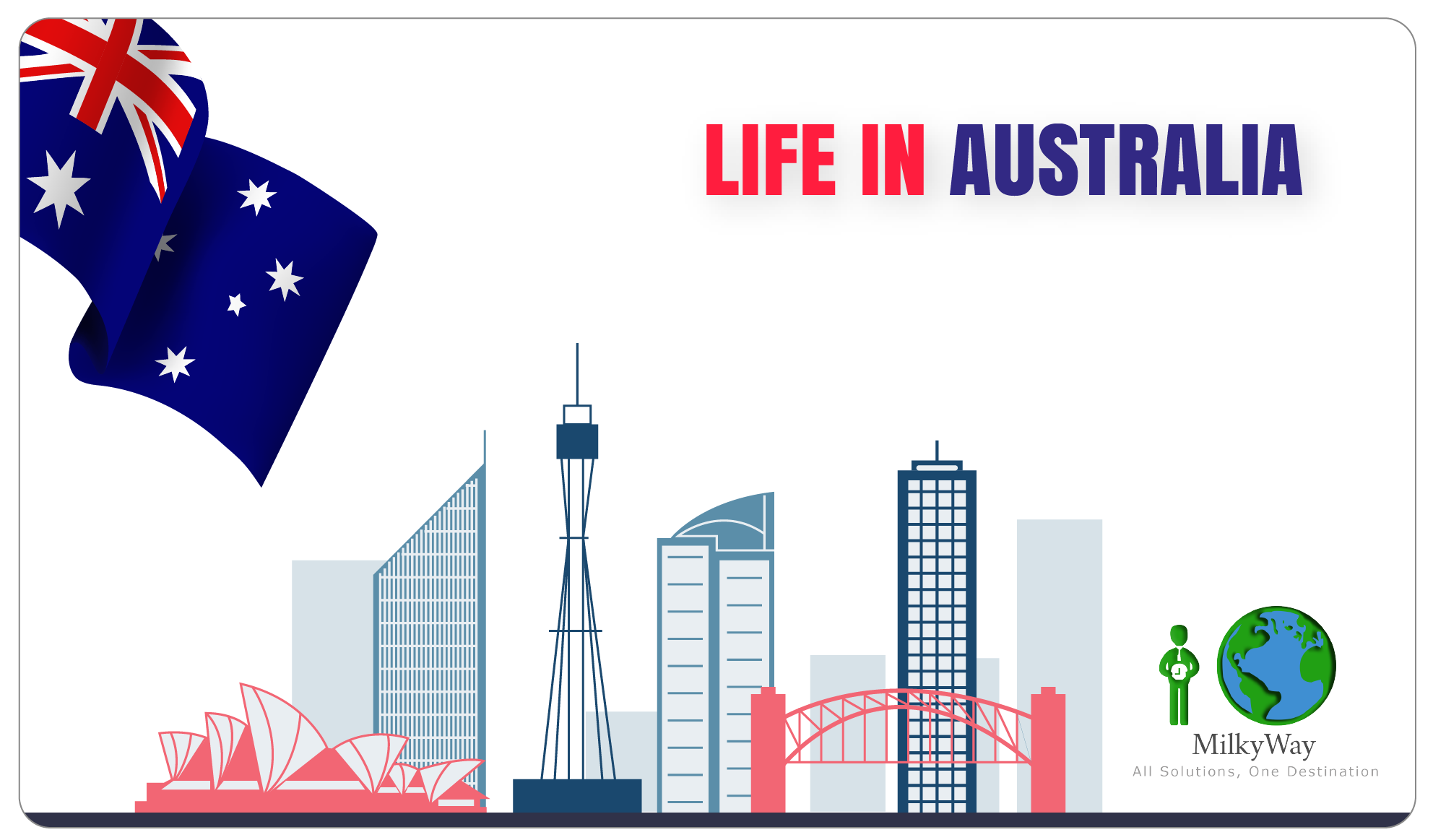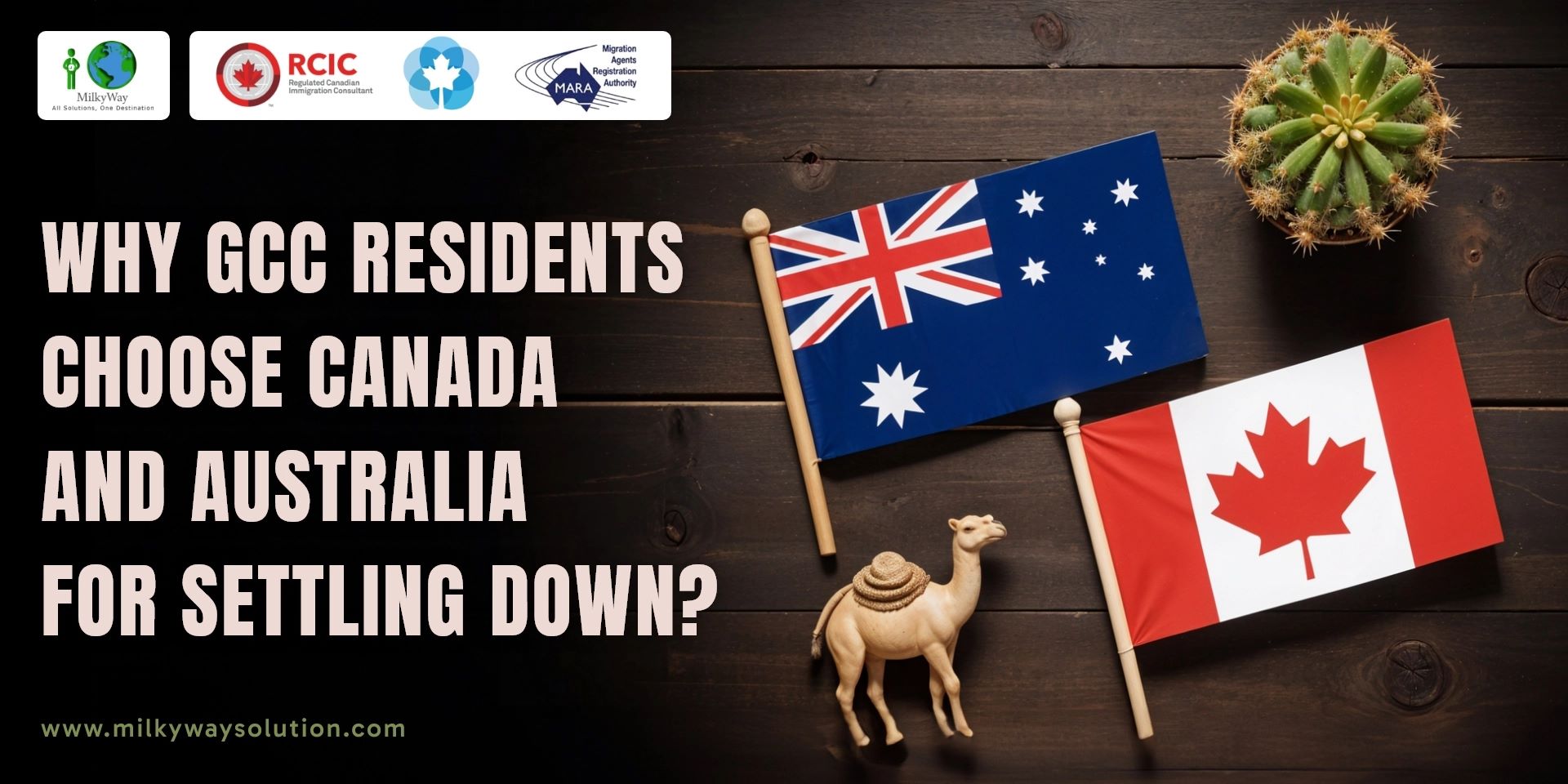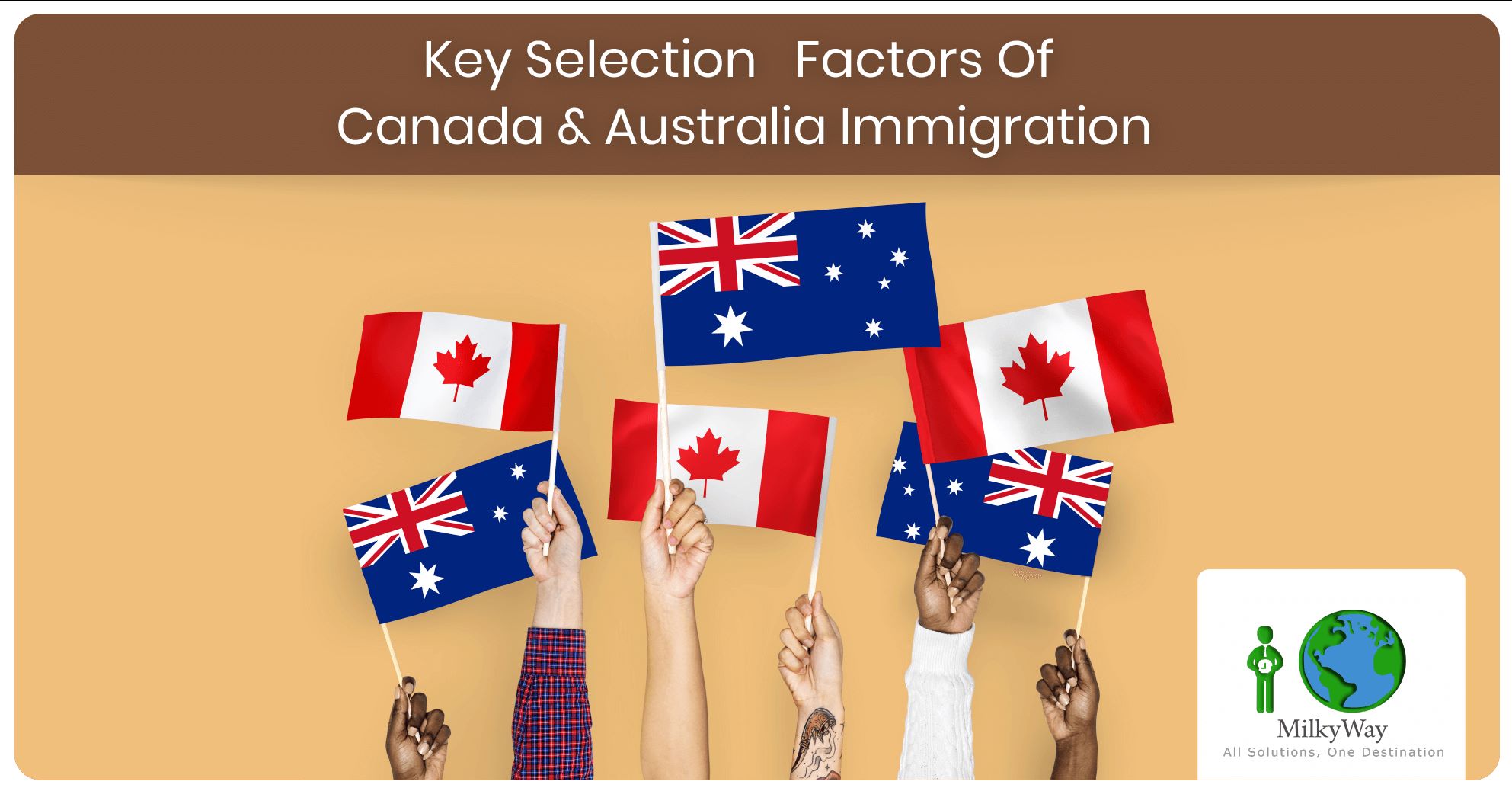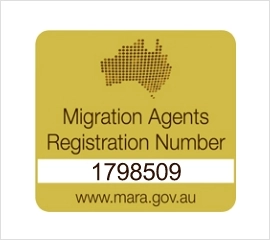Australian Values and Principles
While shared to some extent by many other countries, these values and principles have been adapted to Australia’s unique setting, shaped and modernized through the settlement in Australia of millions of people from all over the world. Although they may be expressed differently by different people, their meaning remains the same.
Australia’s first inhabitants were the Aboriginal and Torres Strait Islander peoples, whose unique culture and traditions are among the oldest in the world. The first migrants were mostly from Britain and Ireland and this Anglo–Celtic heritage has been a significant and continuing influence on Australia’s history, culture and political traditions. Subsequent immigration waves have brought people from Africa, Asia, the Americas and Europe, all of whom have made their own unique contributions to Australia and its way of life.
This statement of shared values and principles does not seek to make everyone the same with the same beliefs. The aim is to help new residents understand the basic values that have helped to create a society that is stable but at the same time dynamic; cohesive yet diverse.
In Australia, people have many freedoms. However, in taking advantage of these freedoms, everyone is required to obey Australia’s laws, which have been put in place by democratically elected governments to maintain an orderly, free and safe society.
الحريات الأساسية
يحق لجميع الأستراليين التمتع بعدد من الحريات الأساسية (ضمن حدود القانون)، بما في ذلك التحدث بحرية وصراحة، والانضمام إلى الجمعيات، وعقد الاجتماعات، وعبادة دياناتهم المختارة، والتنقل في جميع أنحاء أستراليا دون قيود.
Respect for the equal worth, dignity and freedom of the individual
All Australians are free and equal and are expected to treat each other with dignity and respect. Australians reject the use of violence, intimidation or humiliation as ways of settling conflict in our society.
Commonwealth laws prohibit discrimination on the basis of race, sex, disability and age in a range of areas of public life under the Racial Discrimination Act 1975, Sex Discrimination Act 1984, Disability Discrimination Act 1992 and the Age Discrimination Act 2004. The Australian Human Rights Commission is responsible for handling complaints under these laws.
See: Australian Human Rights Commission
Freedom of speech
All Australians are free, within the bounds of the law, to say or write what they think about Australian governments or about any other subject or social issue as long as they do not endanger people, make false allegations or obstruct the free speech of others.
The same applies to Australian newspapers, radio and television and other forms of media. Australians are free to protest the actions of government and to campaign to change laws.
Freedom of speech allows people to express themselves and to discuss ideas. There are laws that protect an individual’s good name against false information or lies. There are also laws against inciting hatred against others because of their culture, ethnicity or background.
Freedom of religion and secular government
All Australians are free to follow any religion they choose, so long as its practices do not break any Australian law. Australians are also free to not follow a religion. Religious intolerance is not acceptable in Australian society.
Australia has a secular government – it does not have any official or state religion. Governments treat all citizens as equal regardless of religion.
Religious laws have no legal status in Australia and only those laws enacted by parliament apply, for example, in divorce matters. Some religious or cultural practices, such as bigamy (being married to more than one person at the same time) are against the law in Australia.
Freedom of association
Subject to the law, Australians are free to gather together and to protest against the government or any other organisation as long as the protest is peaceful and does not damage or injure any people or property. The freedom to associate includes the freedom to join or not to join any organisation or group, provided it is legal. Such organisations and groups include political parties, trade unions and social groups.
Support for parliamentary democracy and the rule of law
Australia is a parliamentary democracy, which means that Australian citizens participate in how the country is governed and how Australian society is represented. Governments are accountable to all Australians. Elected parliaments are the only bodies able to make laws in Australia or delegate the authority to make laws.
Everyone in Australia must obey laws established by governments. Equally, all Australians are protected by the rule of law. This means that no–one is exempt from or ‘above the law’, even people who hold positions of power, like politicians or the police.
المساواة أمام القانون
All Australians are equal under the law. This means that nobody should be treated differently from anybody else because of their race, ethnicity or country of origin; because of their age, gender, marital status or disability; or because of their political or religious beliefs. Government agencies and independent courts must treat everyone fairly.
Being treated equally means that getting a job or being promoted must be on the basis of a person’s skills, ability and experience, not their cultural background or political beliefs. It also means that people cannot be refused service in a shop or hotel or other service facility because of their race, colour, religion, gender or marital status.
Equality of men and women
Men and women have equal rights in Australia. Jobs and professions are open equally to women and men. Men and women can serve in the military and both can also hold positions in government.
Equality of opportunity and a spirit of egalitarianism
Australians value equality of opportunity and what is often called a ‘fair go’. This means that what someone achieves in life should be a product of their talents, work and effort rather than their birth or favouritism
Australians have a spirit of egalitarianism that embraces mutual respect, tolerance and fair play. This does not mean that everyone is the same or that everybody has equal wealth or property. The aim is to ensure there are no formal class distinctions in Australian society.
الهدوء
Australians are proud of their peaceful society. They believe that change should occur by discussion, peaceful persuasion and the democratic process. They reject violence as a way of changing peoples’ minds or the law.
In addition to these values, Australians also pursue the public-good and have compassion for those in need. There is a strong community spirit in Australia and Australians seek to enhance and improve the society in which they live.
Many Australians contribute to the community in their daily lives. They may demonstrate this through caring for the environment, lending a hand and working together in times of need in pursuit of the public good.
Australia has a strong tradition of ‘mateship’, where people provide help to others voluntarily, especially those in difficulty. A mate is often a friend but can also be a spouse, partner, brother, sister, daughter or son. A mate can also be a total stranger. There is also a strong tradition of community service and volunteering.
The values outlined above have been promoted and discussed by Australians over many years. They have helped Australia to welcome and integrate successfully millions of people from many ethnic groups and cultural traditions.
Australia’s cultural diversity is a strength which makes for a dynamic society. Within the framework of Australia’s laws, all Australians have the right to express their culture and beliefs.
But at the same time, all Australians are asked to make an overriding commitment to Australia – its laws, its values and its people.
Shared values
Although Australia’s migrants have come from many different cultural and religious backgrounds, they have successfully settled in Australia and integrated into the broader community. Australia, in turn, has been enriched by the contributions they have made socially, culturally and economically.
An important feature of Australian society today is not only the cultural diversity of its people, but the extent to which they are united by an overriding and unifying commitment to Australia. Australians put aside their individual differences in the interests of living together as neighbours.
Within the framework of Australia’s laws, all Australians have the right to express their culture and beliefs and to participate freely in Australia’s national life. At the same time, everyone is expected to uphold the principles and shared values, as outlined in the introduction, that support Australia’s way of life.
Australian society today
One of the defining features of Australian society today is the cultural diversity of its people and the extent to which they are united by an overriding and unifying commitment to Australia.
Another defining feature is the egalitarian nature of Australian society. This does not mean that everyone is the same or that everybody has equal wealth or property. It also means that with hard work and commitment, people without high–level connections or influential patrons can succeed.
Within the framework of Australia’s laws, all Australians are able to express their culture and beliefs and to participate freely in Australia’s national life. Australia holds firmly to the belief that no–one should be disadvantaged on the basis of their country of birth, cultural heritage, language, gender or religious belief.
In order to maintain a stable, peaceful and prosperous community, Australians of all backgrounds are expected to uphold the shared principles and values that underpin Australian society.
Laws and social customs
Community behavior in Australia is governed by a combination of formal laws and informal social customs.
All people in Australia must obey the nation’s laws or face the possibility of criminal and civil prosecution. People are also expected to generally observe Australian social customs, habits and practices even though they are not normally legally binding.
Australian laws are made by the Australian Commonwealth, state and territory parliaments. The police have the job of keeping peace and order in the community and to bring people they believe have broken the law before courts of law. People in their local communities and neighborhoods also help each other in the event of trouble and report anything unusual or suspicious to the local police station.
Australia has a national police force called the Australian Federal Police, which investigates crimes against federal laws including drug trafficking, illegal immigration, crimes against national security and crimes against the environment. All states of Australia and the Northern Territory have their own police forces, which deal with crimes under state or territory laws. Policing in the Australian Capital Territory is undertaken by the Australian Federal Police.
Although police officers may arrest people and give evidence in court, they do not make the final decision on whether or not people are guilty of crimes. This is decided by the courts.
Police and the community have good relations in Australia. You can report crimes and seek assistance from the police. If you are questioned by police, remain calm, be polite and cooperative.
Character requirements
The Australian community expects that all visa holders abide by Australian laws and continue to satisfy the character requirements of their visa. Someone who has criminal convictions, is believed to have criminal associations, such as with outlaw motorcycle gangs or terrorist groups, or who presents a risk to the Australian community or an individual in the Australian community, can have their visa cancelled. Anyone who is or may be a risk to the health, safety or good order of the Australian community may have their visa cancelled.
A person who has had their visa cancelled may be detained and removed from Australia. They will also be excluded, in many cases permanently, from returning to Australia.
Australian workplace rights
People working in Australia, including both sponsored and non-sponsored visa holders, have rights and protections at work. These cannot be taken away by contracts. Minimum pay rates and workplace conditions are set by Australian law.

